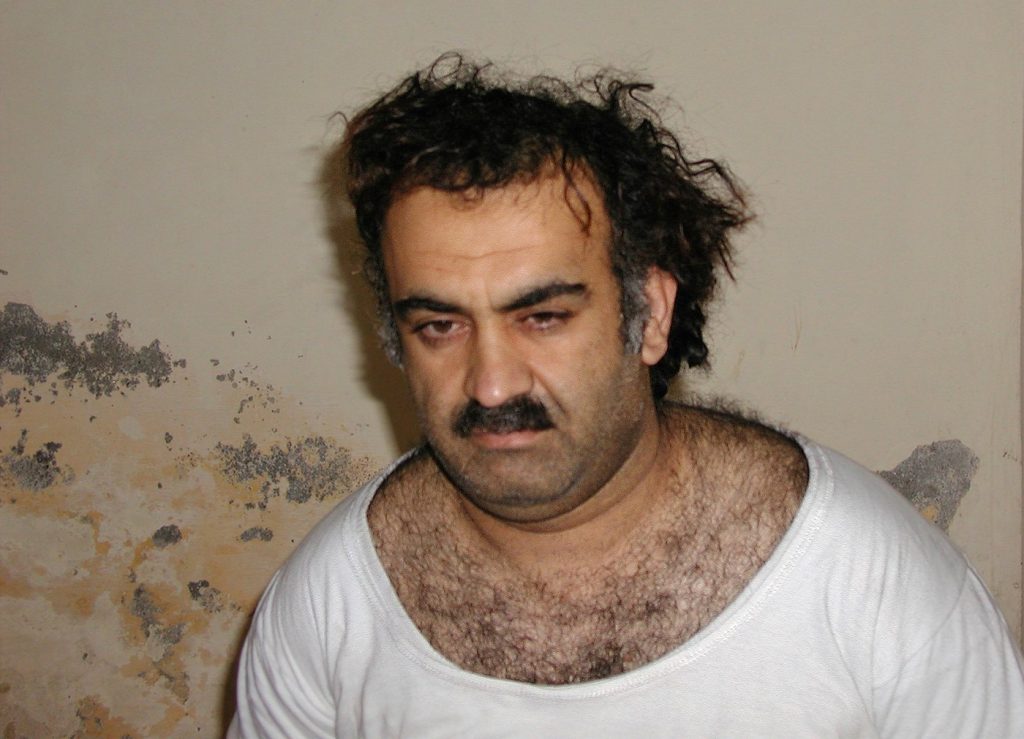A divided federal appeals court in Washington, D.C. has overturned an agreement that would have permitted Khalid Sheikh Mohammed, the accused mastermind behind the September 11 attacks, to plead guilty in a deal that would spare him from the death penalty. This decision highlights the ongoing legal complexities surrounding the military prosecution that has persisted for over two decades, marking yet another setback in the United States' efforts to bring Mohammed to justice for orchestrating one of the deadliest terrorist attacks in its history.
The plea deal, which was the result of two years of negotiations and had received approval from military prosecutors and the Pentagon's senior official for Guantanamo Bay, stipulated that Mohammed and two co-defendants would serve life sentences without the possibility of parole. Additionally, the agreement required the defendants to address any unresolved questions posed by the families of the victims regarding the attacks.
Khalid Sheikh Mohammed is accused of planning and directing the plot that involved hijacking commercial aircraft to strike the World Trade Center and the Pentagon, with a fourth plane crashing into a field in Pennsylvania. This heinous plan resulted in nearly 3,000 fatalities and has left a lasting impact on the country.
However, the previously approved deal came into question when then-Defense Secretary Lloyd Austin repudiated it, asserting that decisions regarding the death penalty in cases as significant as September 11 should be reserved for the Secretary of Defense. In response, the attorneys for the defendants claimed that the agreement was already legally binding and that Austin's attempts to invalidate it were untimely. A military judge at Guantanamo and a military appeals panel concurred with the defense, further complicating the case.
Ultimately, the U.S. Court of Appeals for the District of Columbia Circuit ruled by a 2-1 vote that Austin acted within his legal authority when he eliminated the plea deal. The court's judges emphasized that the Secretary rightly assumed convening authority and argued that the American public and the families of the victims deserved the opportunity to witness military commission trials. Judges Patricia Millett and Neomi Rao, with their differing backgrounds—Millett appointed by President Barack Obama and Rao by Donald Trump—nonetheless reached a consensus on this judgment.
In dissent, Judge Robert Wilkins, also an Obama appointee, contended that the government had not convincingly established that the military judge had erred in supporting the validity of the plea agreement. This divergence illustrates the contentious nature of the legal proceedings and differing interpretations of the government's authority in these cases.
As of now, the path forward remains uncertain for Khalid Sheikh Mohammed and his co-defendants, as the court's decision paves the way for continued military prosecution without the possibility of an expedited resolution. This protracted saga continues to reflect the complex intersection of justice, national security, and the law nearly 22 years after the attacks on September 11, 2001.











